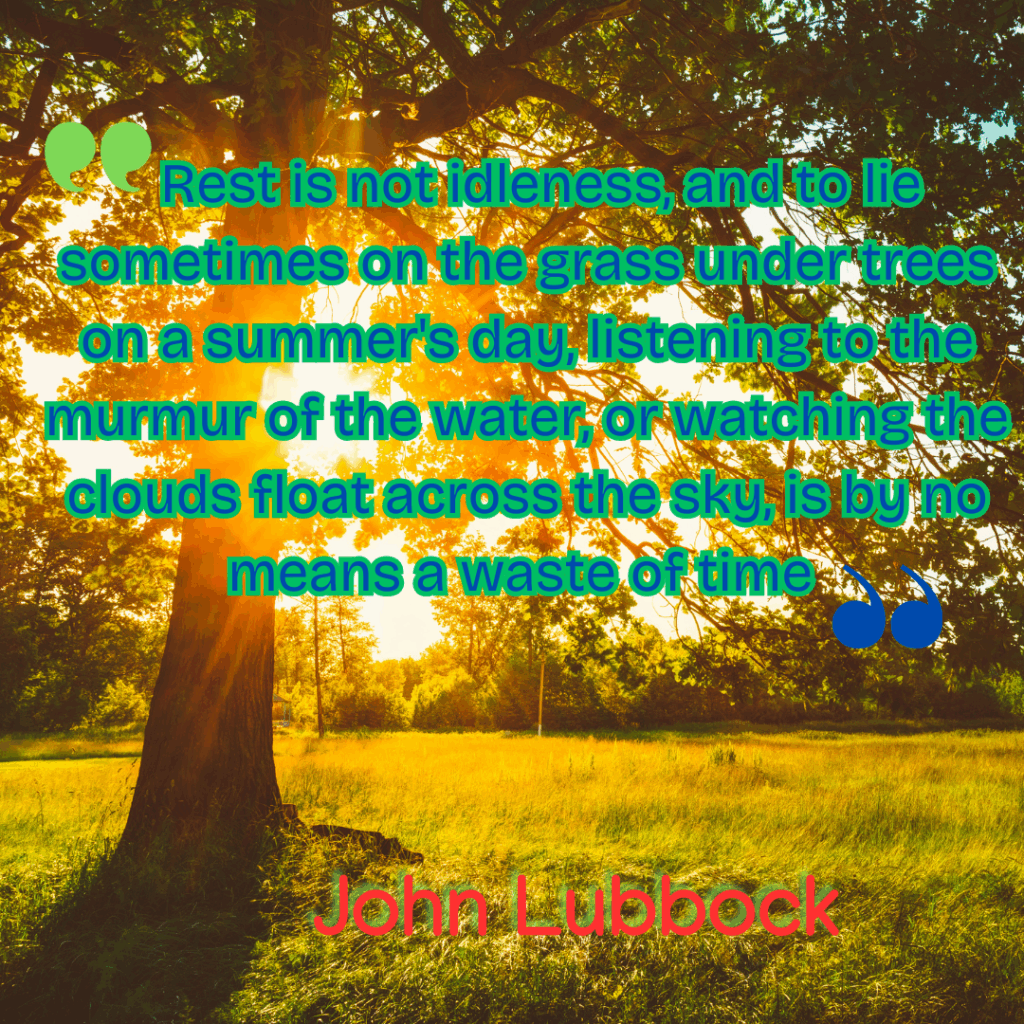Recently I hurt myself at the gym and was forced to take a few days to rest and let my injury heal. When I had my accident almost 30 years ago, the impact compressed seven discs in my lower back, and ever since, I’ve had to be careful to keep from aggravating those discs.
This time, although I finished my workout, the next morning I could barely get out of bed. The pain in my back was only a small part of the ordeal; any movement felt like my spine would separate from my pelvis. I lay in my bed and cried because I feared that all the progress I’d made over the last 28 years was lost.
After I finally managed to get out of bed I called my primary care physician and he gave me a standard simple medical device that most of us can use.
- Heat
- Ice
- Rest
For the next three days, I did not exercise, push myself, or even write. During my downtime, all I could think about was my accident and the fears I had almost 30 years ago. I still have a healthy fear of being immobile.
Part of the reason I stay so active is because I know how it feels to not be able to move by my own effort. My brain injury paled in comparison to the tremendous pain I felt in my lower back after my accident.
I had some of the best doctors in the world and their advice to me was just rest and let the discs in my lower back decompress on their own. I was given a morphine drip and spent a week or two flat on my back resting so that my back could heal.
What is Rest
Rest is a part of life most of us take for granted because we are trying to accomplish something or get caught up in the ebb and flow of life. Rest means different things to different people, and it also has a variety of definitions, but my favorite definition of rest is, “Peace of mind or spirit.”
I have already shared in previous posts about the importance of getting adequate rest every day and not just trying to catch up all at once, which is impossible. Each day we put our minds and bodies to work, thus each day requires its own time of rest.
Let me reiterate, rest doesn’t just mean sleep or being inactive: reading, watching a movie, walking, or exercising are forms of rest because they are a change of pace in our daily routine.
Yes, there are specific times in life when we need to be still, like when we shut our mind and body down at night to sleep or as in my case, when we are injured or sick. Resting allows our body to recover and repair damaged cells and replenish our energy stores.
Rest is a part of life that needs to be practiced each day to keep from burning out or doing more damage to our bodies or brains. Rest has many benefits for us mentally: improved memory, alleviated brain fog, emotional control, and helps with anxiety.
As an active person and gym rat, I understand the need to get enough rest after working out or physically strenuous activity. Our bodies rebuild and repair muscle that is broken down from exercise when we are at rest.
That is why it is important to not just get enough rest every day but to also incorporate days and even weeks of rest from exercising to let our bodies repair and recover from our hard work in the gym.
It took months of rest and rehabilitation after my accident for me to be able to get around on my own. Actually, no one knew if I would recover at all, so I made sure that I listened to my doctors and therapists who all emphasized the need for me to rest.
In my mind, I had a lot of things I wanted to be doing and the rest wasn’t accomplishing what I wanted. As writers we each have a lot of “activities” we are working on to build our writing careers, but we must not neglect the physical and spiritual practice of rest.
The Writer’s Life
A writer’s life can be overwhelming at times, especially if you’re trying to pursue traditional publication. We each know writing is only one small piece of the publication process.
And I’m not just talking about brainstorming, researching, and outlining. Writers must build platforms, network, query agents, and finally market their work. It is easy to see why so many writers experience burnout or give up on pursuing publication, especially when they fail to get adequate rest.
Truth be told, writers need rest more than they need coffee or caffeine. Below are some of the types of rest writers can utilize to stay healthy and focused on their writing journey:
- Physical
- Mental
- Emotional
- Sensory
- Creative
- Social
- Spiritual
Rest isn’t an excuse to be lazy or to procrastinate, it is a way we can be pro-active in our careers. It helps us slow down and pace the creative process. Rest refuels our mental and creative energies to help us play the long game of the publication process.
To go back to the exercise mindset, not getting enough rest and sleep prior to exercise has a negative impact on our exercise performance. This principle applies to our writing life as well, rest ensures we are recharged and alert when we sit down and in writing chair.

Recharged
Writers like to hit the ground running, that is why so many of us prefer to start our day with coffee or tea. Those are just stimulants that will damage our brains and nervous systems in the long run, rest is the safest way to ensure a healthy mind and body and makes sure we stay recharged for the writing journey.
How many of us will leave the house without making sure our cell phones or electronic devices are adequately charged? We charge our devices to be proactive about making sure they are reliable and ready when we need them.
I was back in the gym in my normal activities the next week after my injury. Two weeks after hurting my back, I feel 100% better all because I took the time to rest and let my body heal. When it comes to exercise, there are times when is more important to rest than it is to wear our bodies down in the gym. I try to be intentional with my workouts in the gym.
- Quality workouts
- Quick workouts
One of my pet peeves is going to the gym and getting interrupted by distractions like phone calls or people wanting to talk, the gym isn’t the time for me to rest. I don’t believe in long workouts or breaks between sets, I know when the best time is to focus on getting rest, just like a well-rested writer!

Martin Johnson survived a severe car accident with a (T.B.I.) Traumatic brain injury which left him legally blind and partially paralyzed on the left side. He is an award-winning Christian screenwriter who has recently finished his first Christian nonfiction book. Martin has spent the last nine years volunteering as an ambassador and promoter for Promise Keepers ministries. While speaking to local men’s ministries he shares his testimony. He explains The Jesus Paradigm and how following Jesus changes what matters most in our lives. Martin lives in a Georgia and connects with readers at MartinThomasJohnson.com and on Twitter at mtjohnson51.




No Comments